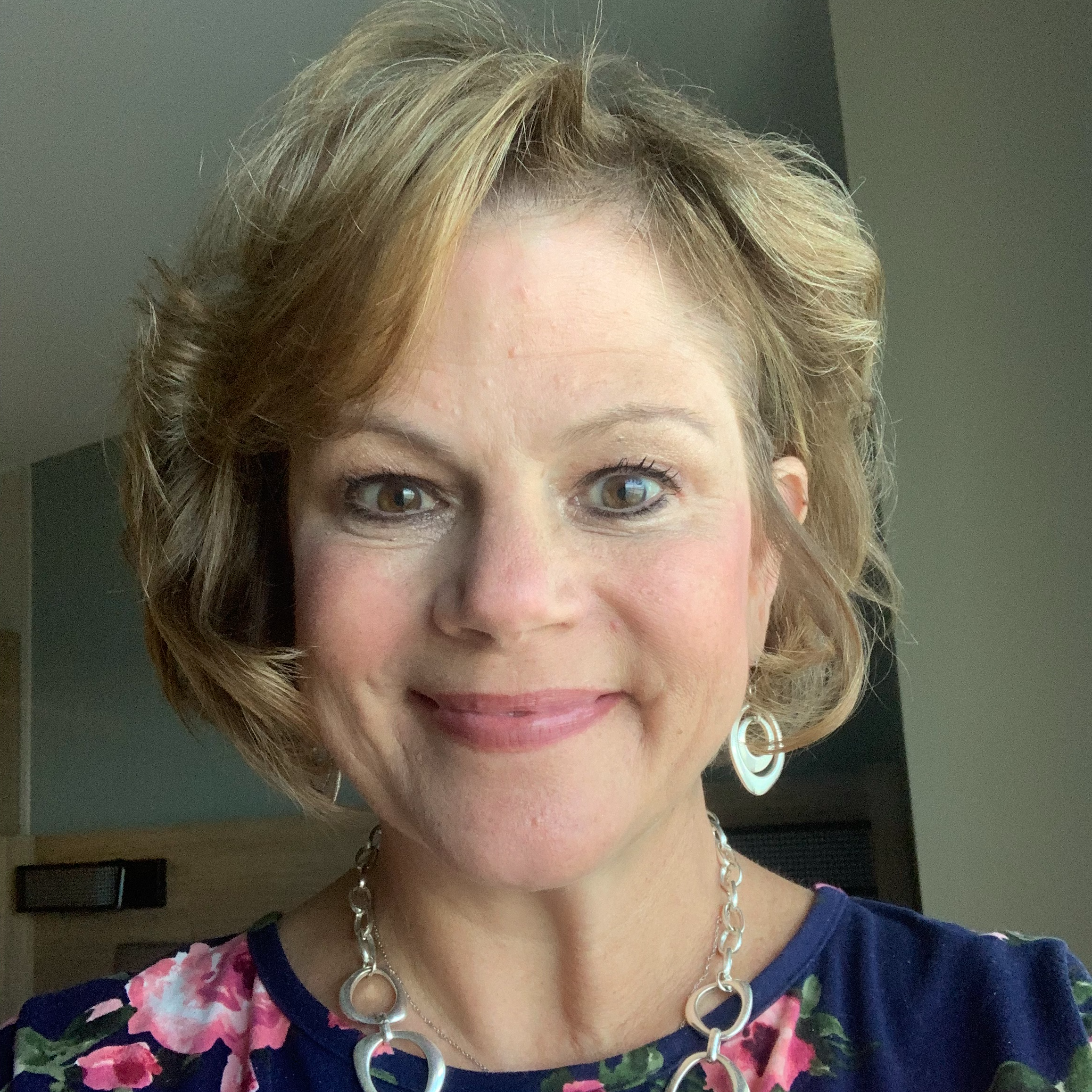Principal
Email Dr. Elena M. Tachau
610-593-8238 ext. 20500 or 20501
Our District
Departments
Community
For Students
For Parents
Activities
For Parents
Important School Information
For Students
Athletic
Our School
Career And Technical Programs
Octorara Elementary School houses grades 3 and 4. It currently has seven 3rd grade classes and seven 4th grade classes. Class sizes typically range from 19-25 students. In addition to the core content subjects of English Language Arts (ELA), Mathematics, Science and Social Studies on a daily basis, students have a 45 minute class in the following unified arts once every six school days: physical education, health, digital literacy, STEM, art and music. Students also exchange books in our library once every six days . All 3rd and 4th grade students also have the opportunity to participate in our chorus program. Octorara Elementary School provides many additional support services for students who need them in order to have a successful educational experience.

Dr. Elena M. Tachau
Principal
Email Dr. Elena M. Tachau
610-593-8238 ext. 20500 or 20501
Role | Principal | School Counselor | Intervention Specialist | Reading Specialist | Nurse | Building Secretary & Student Attendance | Principal's Secretary |
|---|---|---|---|---|---|---|---|
Name | Elena Tacha | Ashley Eaches | Josh Irons | Amy Steinmetz | Tamela Cooper | Debbie Mattis | Susan Simpson |
Phone | 610-593-8238 ext. 20500 | 610-593-8238 ext. 2501 |
What is the reason for having a School-Wide Positive Behavior System?
To shift from a reactive and aversive approach for managing problem behavior to one that is preventive and positive by creating proactive strategies for defining, teaching, and supporting appropriate student behaviors to create a positive school environment. The system is based on a three-tier structure:
Tier I prevention focuses on preventing the development of new cases of problem behaviors by focusing on all students and staff, across all school settings. We believe if you want a behavior, we must teach the behavior.
Tier II prevention focuses on reducing the number of existing cases of problem behaviors by establishing efficient and rapid responses to problem behavior.
Tier III prevention focuses on reducing the intensity and/or complexity of existing cases of problem behavior that are resistant to primary and secondary prevention efforts.
The Elementary Schools have identified three main schoolwide expectations that are taught directly to students and defined during their classroom meetings.
1. Take Care of Yourself
2. Take Care of Others
3. Take Care of Your School
If a child is having difficulty making positive choices, there are several different ways negative behaviors can be addressed. We hope that by recognizing a student’s positive behaviors, this will eliminate negative behaviors.
Teachers at the OES will begin each day with Morning Meeting time to promote student wellness.
Morning Meeting is a learning structure where students gather in a circle and engage in a brief and positive way to support them to be their best selves and do their best learning for the day. Beginning the school day with Morning Meeting helps students to feel safe, welcome, and ready to learn. By prioritizing fifteen to twenty minutes in the beginning of the day for Morning Meeting, we can give students an opportunity to make positive social connections both student-to-student and student-to-teacher. There are many ways to infuse academics into Morning Meeting as well. Students will review concepts that have been taught as well as create excitement for the learning planned for the day ahead.
Morning Meeting supports students by:
Starting the day on a positive note
Creating a positive learning community
Providing opportunities to learn and practice social and emotional skills, habits, and mindsets
Encouraging cooperation and teamwork
Practicing speaking and listening skills
Fostering reflective thinking and conversations that connect to learning throughout the day
Rules Against Bullying
We do not bully.
We help students who are bullied.
We include students who are left out.
We tell an adult at school and an adult at home when someone is being bullied.